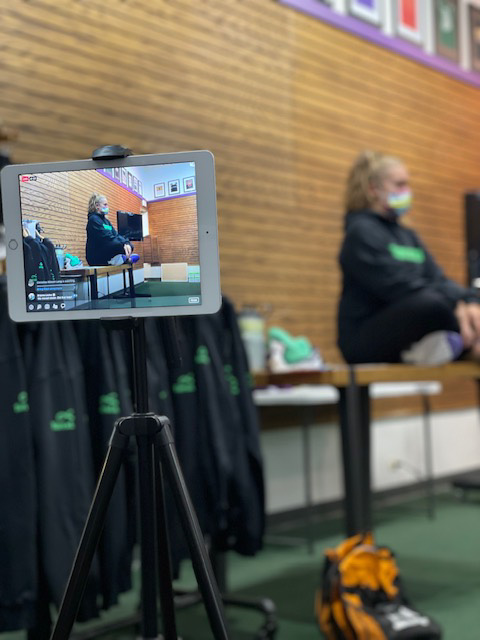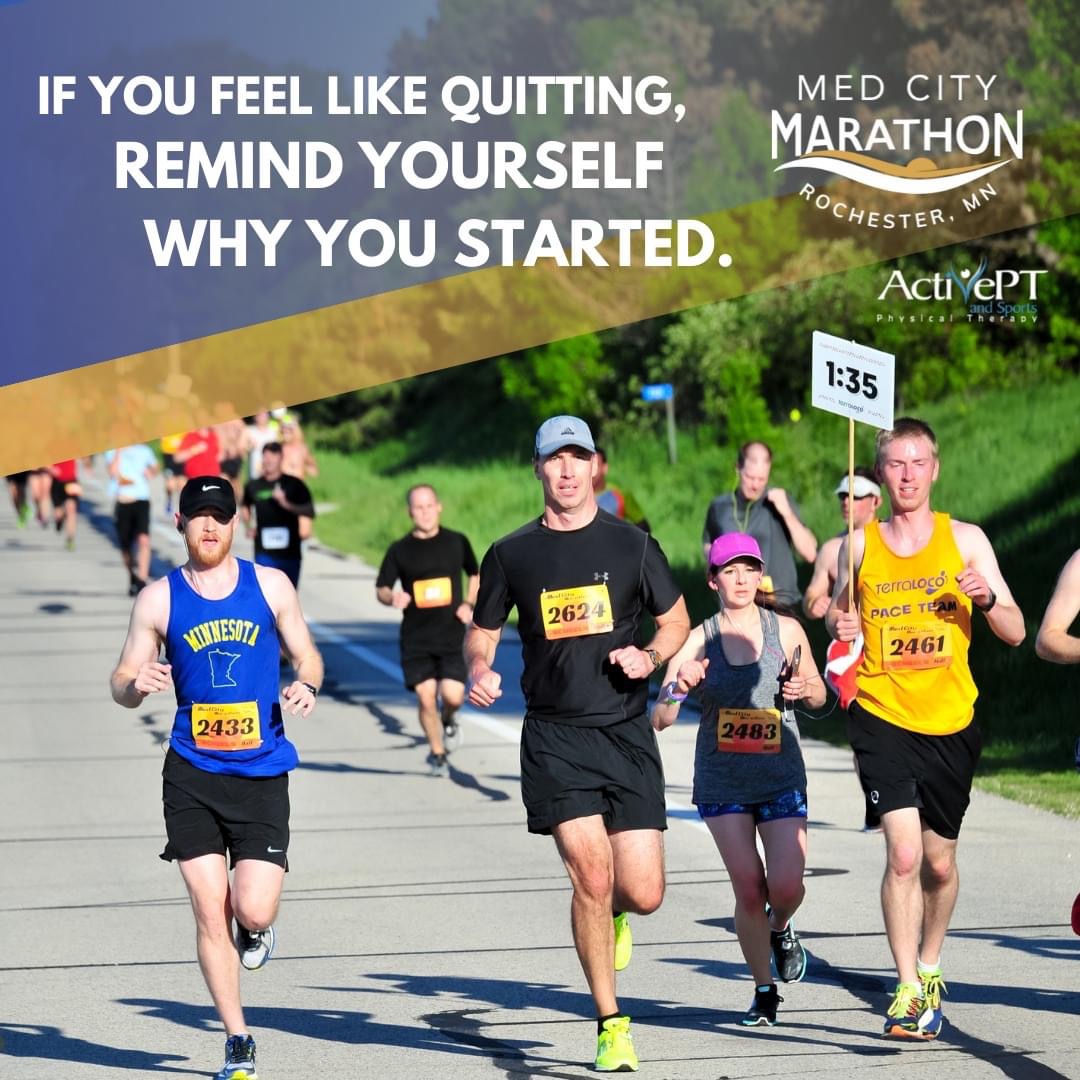
Running Toward Recovery

This week is National Eating Disorder Awareness week, and it hits home for me. It likely impacts someone you know, too. According to the National Eating Disorders Association, 28.8 million Americans experience an eating disorder at some point in their lives. I’m one of them. I’m going to be sharing part of my story as it relates to running as well as a few things I’ve learned as both a patient and a clinician in helping loved ones struggling with an ED.
Two disclaimers: If you are not in a space where reading this is helpful to you, please don’t continue. I won’t be offended. And my words should not be taken as medical advice; please seek out help from a physician or licensed mental health professional if you or someone you know is struggling with an eating disorder.
If you ask me why I developed an eating disorder, I can’t point to just one event and say “that’s what caused it.” I describe it as more of a perfect storm: the COVID-19 pandemic came along, I went through several substantial life changes, and old habits resurfaced. My anxiety increased, my appetite decreased, and I suddenly found myself feeling afraid to eat at all. In a matter of just a few months, I became ensnared by my own mind. I was terrified and exhausted.
At this time last year, I was preparing to enter residential treatment. I had kept my family and friends largely in the dark about the state of my health. At the time, my judgment was so clouded that I didn’t even realize how sick I was. My heart rate was in the low 40’s (and not from being in marathon shape), my body temperature had dropped, and I was freezing all the time. I was still somehow running 4 to 5 miles most days, utterly convinced that it was the only thing that could bring reprieve to my constant anxiety. It only perpetuated the cycle. I barely enjoyed running anymore, but it was something I was compelled to do.
I spent 5 weeks at The Emily Program, where I was diagnosed with atypical anorexia (this means that I met all the criteria for anorexia except being underweight). Those weeks were among the most difficult in my life. Through individual and group therapy, dietitian meetings, and lots of time for reflection, I worked to figure out What Went Wrong and how I could cope going forward. I am especially thankful for my time at The Emily Program because they recognized that running was an important part of my life outside of my eating disorder and a tool to help me recover. After receiving medical clearance about halfway through, I was allowed to start exploring running again.
No Garmin watch. No knowledge of my pace or distance. Just me, my running shoes, and the road. I savored those moments, realizing just how much I had lost sight of my love for running. For the first time in months, I wasn’t literally running away from my problems. I was running because it felt good to move my body and to enjoy the fresh air and to feel fast and strong. When I was discharged from residential treatment, I vowed to keep running as one, but not my only, tool to cope with my anxiety.
These days, I continue to run toward recovery. Not just for myself, but for others. I share my story in hopes that it will bring awareness to the community and to help others feel less alone in their struggles. My experience is just one of many and does not represent everyone with an eating disorder.
I’d like to leave you with some takeaways for yourself or your loved ones:
- If you are struggling with an eating disorder, you are not alone. Your mind will try to tell you that you are the only one struggling. Don’t listen to that voice. Reach out for support.
- You don’t have to look a certain way to be struggling with an eating disorder. You don’t have to wait until it’s “bad enough” to reach out for help. The sooner you can break the cycle, the better.
- The best thing you can do for a loved one who is struggling with an ED is to listen. You don’t have to understand. Give them space to share and unconditional love, no matter how hard it may be to hear the things they are saying.
- Recovery is hard. It is messy. There will be hiccups along the way. Your work is not wasted. The important thing is that you get back on track.
- Every body is a runner’s body.
Some Helpful Resources:
National Eating Disorders Association: https://www.nationaleatingdisorders.org/
The Emily Program: https://www.emilyprogram.com/
Eating Disorder Hope: https://www.eatingdisorderhope.com/





